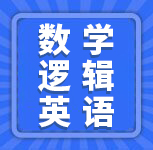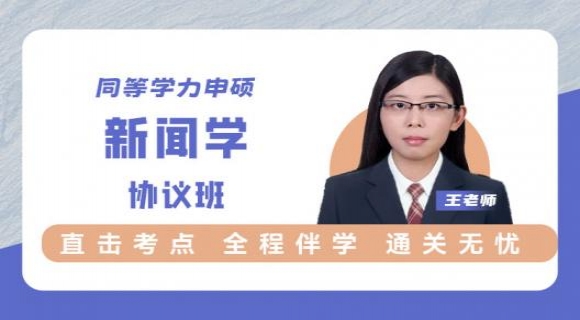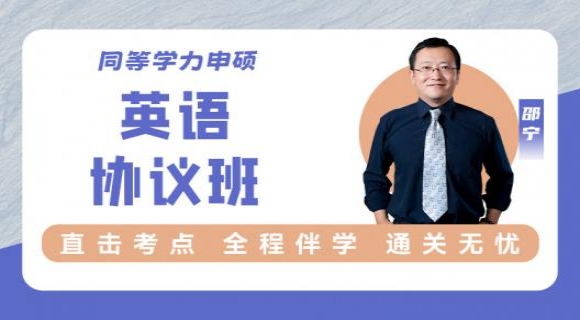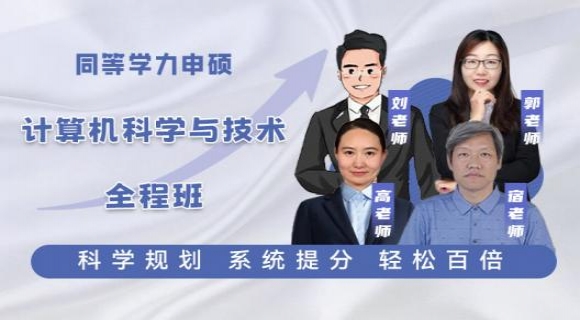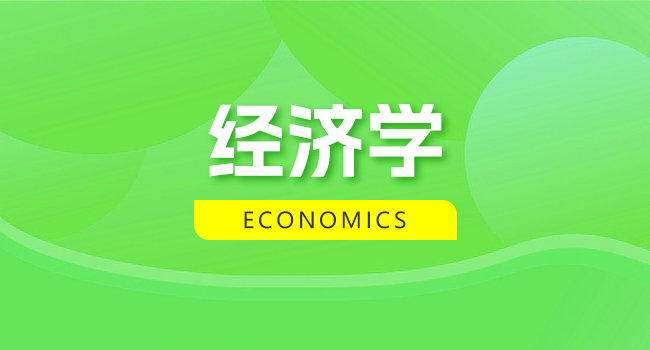
英语每日一练
Amold Schwarzenegger,Dia Mirza and Adrian Grenier have a message for you:It's easy to beat plastic.They're part of a bunch of celebrities starring in a new video for World Environment Day — encouraging you, the consumer,to swap out your single-use plastic staples like straws and cutlery to combat the plastics crisis.
The key messages that have been put together for World Environment Day do include a call for governments to enact legislation to curb single-use plastics. But the overarching message is directed at individuals.
My concern with leaving it up to the individual, however, is our limited sense of what needs to be achieved. On their own, taking our own bags to the grocery store or quitting plastic straws, for example, will accomplish little and require very little of us. They could even be detrimental, satisfying a need to have "done our bit" without ever progressing onto bigger, bolder, more effective actions — a kind of "moral licensing" that allays our concerns and stops us doing more and asking more of those in charge.While the conversation around our environment and our responsibility toward it remains centered on shopping bags and straws, we're ignoring the balance of power that implies that as "consumers" we must shop sustainably, rather than as "citizens" hold our governments and industries to account to push for real systemic change.
It's important to acknowledge that the environment isn't everyone's priority – or even most people's. We shouldn't expect it to be. In her latest book, Why Good People Do Bad Environmental Things, Wellesley College professor Elizabeth R. DeSombre argues that the best way to collectively change the behavior of large numbers of people is for the change to be structural.
This might mean implementing policy such as a plastic tax that adds a cost to environmentally problematic action, or banning single-use plastics altogether. India has just announced it will "eliminate all single-use plastic in the country by 2022." There are also incentive-based ways of making better environmental choices easier, such as ensuring recycling is at least as easy as trash disposal.
DeSombre isn't saying people should stop caring about the environment. It's just that individual actions are too slow, she says, for that to be the only, or even primary, approach to changing widespread behavior.None of this is about writing off the individual. It's just about putting things into perspective. We don't have time to wait. We need progressive policies that shape collective action (and rein in polluting businesses), alongside engaged citizens pushing for change.
1. Some celebrities star in a new video to
A. demand new laws on the use of plastics
B. urge consumers to cut the use of plastics
C. invite public opinion on the plastics crisis
D. disclose the causes of the plastics crisis
2. The author is concerned that “moral licensing” may
A. mislead us into doing worthless things
B. prevent us from making further efforts
C. weaken our sense of accomplishment
D. suppress our desire for success
3. By pointing out our identity as “citizens”, the author indicates that
A: our focus should be shifted to community welfare
B: our relationship with local industries is improving
C: We have been actively exercising our civil rights
D: We should press our government to lead the combat
4. DeSombre argues that the best way for a collective change should be
A: a win-win arrangement
B: a self-driven mechanism
C: a cost-effective approach
D: a top down process
5. The author concludes that individual efforts
A: can be too aggressive
B: can be too inconsistent
C: are far from sufficient
D: are far from rational
————————————————
正确答案
1、【答案】 B. urge consumers to cut the use of plastics
【解析】从题干” some celebrities star in a new video to”定位第一段第3句:“ They’re part of a bunch to celebrities starring in a new video for......to swap out your single-use plastic staples to combat the plastics crisis. ”意为:“鼓励消费者减少单一使用塑料制品,与塑料制品危机抗争”,与A 选项 “urge consumers to cut the use of plastics”“鼓励消费者减少塑料袋的使用”含义相符合。
2、【答案】B. prevent us from making further efforts
【解析】根据题干the author is concerned that “crisis licensing”定位到第3段,最后一句:“they could even ...to have done our bit without ever progressing onto bigger, bolder, more effective actions---.... a kind of “crisis licensing “ that eases our concerns and stops us doing more and asking more of those in charge” 意为:“.....他们没有采取更大,更明显,更有效的举措...”与A选项“ prevent us from making further efforts” “妨碍我们进一步的举措”含义相符。
3、【答案】 D. we should press our governments to lead the combat
【解析】根据题干...“citizens”, the author indicates that, 定位到第4段,最后半句 rather than as “citizens”hold our governments and industries to account to push for real systemic change. 意为:“ 而不是作为”citizens” 去要求政府和工业去推行真正的系统化的改变。言外之意,就是作者希望政府做出改变去应对现在的情形。与C选项中“we should press our governments to lead the combat” “我们应该向政府施压,使之主导这次抗争”相符合。
4、【答案】 D. a top- down process
【解析】根据题干可知这是一道观点细节题。根据题干关键词可定位在第五、六段“Elizabeth R. DeSombre argues that the best way to collectively change the behavior of large number of people is for the change to be structural” 由该段可知,DeSombre认为集体性的改变大多数人行为的最好的方式就是使其变成结构性的。六段进一步从人们和政府的角度,阐述了这种结构化的改变,所以选项C a top-down process,自上而下的过程,符合文意。
5、【答案】 C. are far from sufficient
【解析】根据题干可知这是一道观点细节题。根据题干关键词可定位在最后一段,“None of this is about writing off the individual. It’s just about putting things into perspective. We don’t have time to wait. We need progressive policies that shape collective action, alongside engaged citizens pushing for change.”由该段可知,作者认为并不是要抹杀个人,只是换一个角度去思考问题,我们没时间再等待,我们需要能够形成集体行为的进步政策,以及推动变革的热心公民。所以作者强调个人的努力还远远不够,还需要政策的进一步支持,选择B选项,are far from sufficient。





